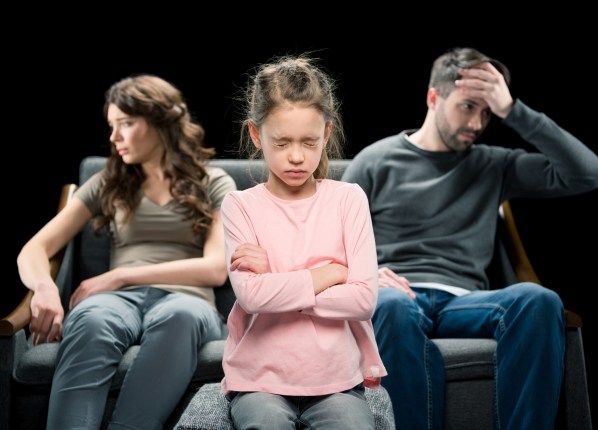
Substance abuse is often seen as an issue affecting the individual struggling with addiction, but the truth is much broader. The consequences of addiction extend far beyond the individual user and deeply affect families, especially children. These “hidden victims” often bear the brunt of the emotional, physical, and financial burdens associated with substance abuse, experiencing long-term damage that can shape their lives for years to come.
The Emotional Impact on Children
Children of parents or caregivers struggling with substance abuse are often exposed to an emotional rollercoaster. The erratic behavior and instability that accompany addiction can create an environment of fear and uncertainty. Children may witness neglect, neglect their own needs, or experience abusive situations due to the impaired decision-making of the addicted individual. The lack of emotional support, love, and security can cause deep feelings of anxiety, low self-esteem, and emotional distress.
Many children in these environments may grow up feeling isolated or ashamed of their situation. They often don’t have the words to describe what they are going through, leading to internalized guilt and feelings of being misunderstood. These emotional scars can continue into adulthood, influencing how they form relationships and manage emotions.
Behavioral Consequences and Risk of Abuse
Substance abuse often leads to an environment of neglect, where children do not receive adequate attention or care. Basic needs such as food, clothing, and supervision may be neglected, leading to health issues or developmental delays. Without proper nurturing, children may face difficulties in school, struggle with low academic performance, and have trouble developing essential social skills. The lack of structure and predictability in the household can manifest as behavioral problems, including defiance, aggression, or withdrawal.
There is also a heightened risk of physical abuse in households affected by substance abuse. Parents who are intoxicated may lash out in anger or become too impaired to properly supervise their children, leading to accidents or injuries. Children may be forced to assume adult responsibilities, such as taking care of younger siblings, cleaning the home, or managing finances, further accelerating the emotional and physical toll on their well-being.
The Impact on Family Dynamics
The effects of substance abuse reverberate throughout the entire family, often leading to dysfunction and breakdowns in family dynamics. Spouses or partners of individuals struggling with addiction may experience emotional and financial strain. The non-addicted family members often become enablers, unknowingly supporting the addicted person’s behavior by excusing their actions or covering up the consequences of their addiction.
In families where both parents struggle with addiction, the situation becomes even more dire. Children are often left to fend for themselves or are placed in foster care, where the trauma can be magnified. The overall instability may result in divorce, separation, or family estrangement, further exacerbating the challenges faced by children.
Breaking the Cycle: Support and Intervention
Breaking the cycle of substance abuse requires intervention at multiple levels. Early intervention can make a significant difference in the lives of children living in homes affected by addiction. Counseling, therapy, and support groups are essential to help children process their emotions, develop coping skills, and rebuild their sense of security.
Family therapy can also play a crucial role in repairing relationships and restoring trust. Treatment programs that involve the entire family are more likely to succeed in supporting long-term recovery. When family members engage in the healing process, they can foster a more supportive and stable environment, essential for both the individual in recovery and their loved ones.
Conclusion
Substance abuse affects far more than just the individual addicted to drugs or alcohol; it devastates families, especially children, who are often the hidden victims of addiction. The emotional, behavioral, and physical toll on children in these environments can last for years, leading to cycles of trauma and dysfunction. However, with proper support, intervention, and therapy, families can heal, and children can learn to break free from the damaging effects of addiction.